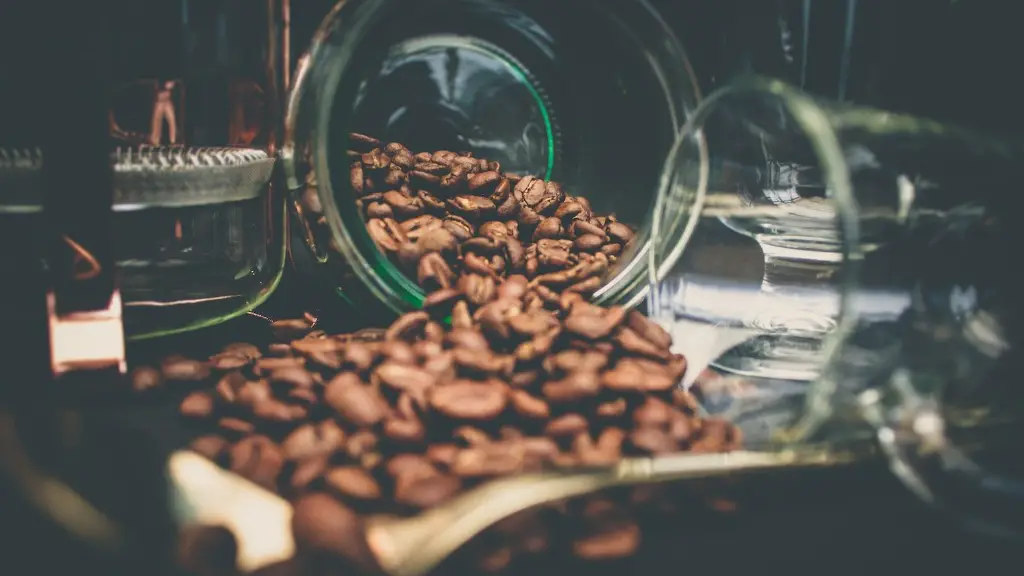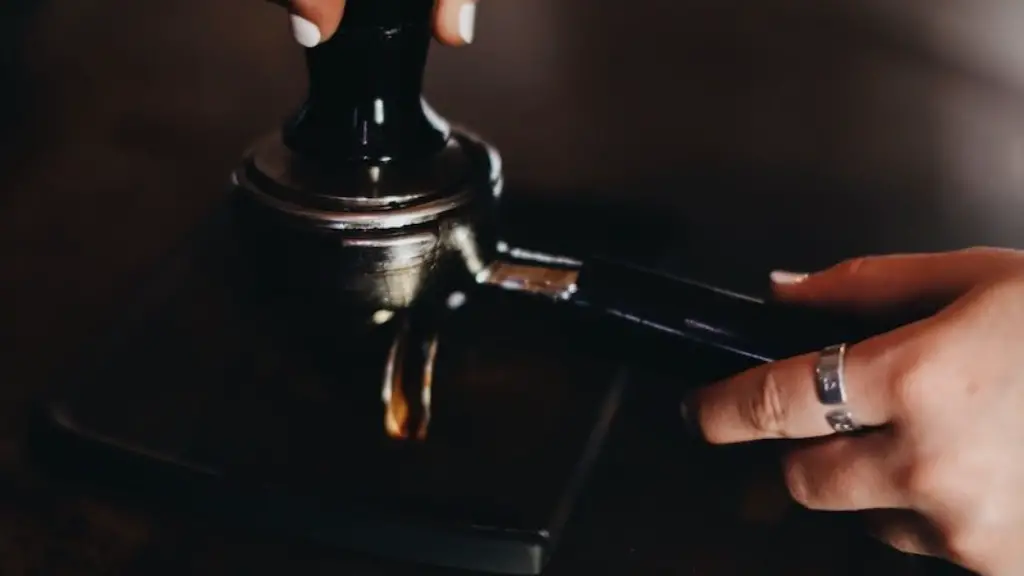Most of us love to drink coffee, but what should you do if you are not feeling well? Can you drink coffee when you are sick? While coffee can provide a much needed jolt of energy, experts often disagree when it comes to drinking coffee when you have a cold or flu, and other illnesses.
Caffeine and Immune System Interaction
Caffeine is a stimulant and it does provide temporary energy boosts, but it can also affect the immune system, which plays a major role in fighting off illness. Research has suggested that consuming caffeine can cause short-term immunosuppression, meaning it can reduce your body’s production of certain disease-fighting agents. This usually only lasts for a few hours and is considered very mild, however experts agree that drinking excessive amounts of coffee while sick can weaken the body’s ability to fight off infections.
How Much Coffee Should I Drink When Sick?
When it comes to coffee when you are sick the general consensus is that moderation is key. Try to limit your intake to no more than a few cups per day and avoid stimulants such as energy drinks and pre-workout supplements. If you are drinking coffee to help boost your energy levels, adding some dairy, such as milk or yogurt, can help increase its nutritional value. If you are feeling nauseous, it is advised to avoid coffee altogether.
Does Caffeine Help with Cold Symptoms?
Caffeine can provide some relief from symptoms of the common cold such as mild headaches, fatigue and congestion. In fact, studies have shown that caffeine can also reduce the severity of cold symptoms and make them more manageable. However, this doesn’t mean that drinking coffee will speed up your recovery – it won’t.
Alternatives to Caffeine for Boosting Energy Levels
If you are looking for a way to boost your energy levels without caffeine, there are plenty of alternatives out there. Green tea, which contains less caffeine than coffee, can provide a gentle energy boost without the effects of a stimulant. Fruit juices, such as orange and grapefruit, are also good sources of natural energy. If you are looking for something stronger, energy drinks such as Red Bull and Monster Energy can provide a quick surge of energy.
Does Coffee Help with a Fever?
Coffee is not recommended for those with a fever, as it can cause an increase in body temperature. This can make the fever worse and lead to dehydration. It is best to avoid caffeinated drinks if you have a fever and drink plenty of water instead. If your fever is accompanied by headaches or body aches, it is best to take medication to help reduce these symptoms.
Water and Other Fluids
When you are sick, it is important to drink plenty of water. Water helps to flush out bacteria and toxins from the body, which can help reduce the severity of symptoms. If you are having trouble keeping fluids down, try sipping on electrolyte drinks or clear soups. These can help to replenish lost fluids and electrolytes. Avoid alcohol, which can act as a diuretic and cause further dehydration.
Coffee and Sleep
Coffee can interfere with your ability to get a good night’s sleep, which is essential for recovery. Many experts recommend avoiding caffeine for at least 6 to 8 hours before bedtime. If you are having trouble sleeping, try taking a warm bath or shower before bed. Other sleep aids such as melatonin or magnesium supplements can also help to induce sleep.
Self-care
If you are sick, it is important to practice self-care. This includes getting plenty of rest, eating a nutritious diet and avoiding smoking and alcohol. Try to find activities that are relaxing such as yoga or meditation. Take time to destress and focus on your recovery. Taking care of yourself is essential for getting well quickly.


